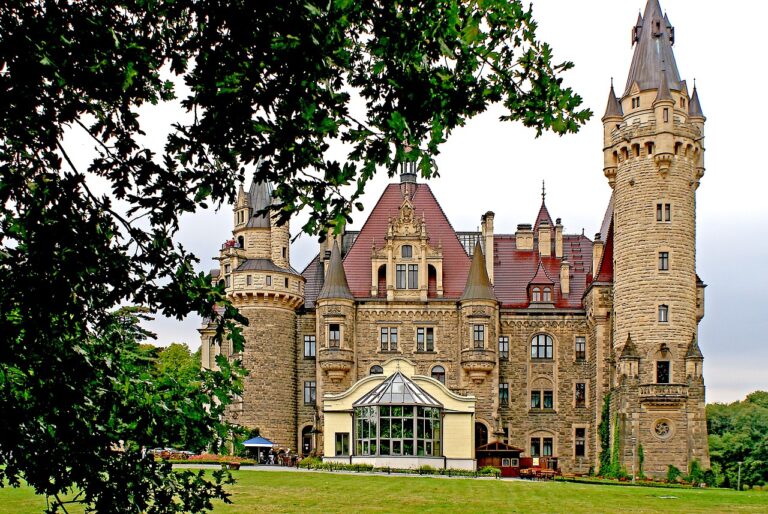The Role of Food in Cultural Exchange: Sharing Culinary Traditions Across Borders: All pannel.com, Play99, Golds 365
all pannel.com, play99, golds 365: Food plays a significant role in cultural exchange, serving as a conduit for sharing culinary traditions across borders. The act of sharing a meal with someone allows for a deep dive into their culture, history, and traditions. Whether it’s a home-cooked meal or dining at a local restaurant, the experience of trying new foods can create connections and bridges between people from different backgrounds.
Exploring different cuisines opens up a world of flavors, textures, and aromas that can be both exciting and enlightening. From the spicy curries of India to the hearty stews of Eastern Europe, each dish tells a story of its origin and the people who have perfected its preparation over generations.
One of the most beautiful aspects of food is its ability to bring people together. Sharing a meal is a universal act of hospitality and friendship, transcending language barriers and cultural differences. Breaking bread with someone is an intimate experience that fosters understanding and empathy, allowing us to see the world through someone else’s eyes.
Through food, we can also learn about history, geography, and social customs. Each dish is a reflection of the land it comes from, the resources available, and the traditions passed down through generations. By exploring different cuisines, we can gain a deeper appreciation for the diversity of our world and the richness of human culture.
Culinary exchange also promotes cultural awareness and appreciation. By trying new foods and learning about the stories behind them, we can develop a greater understanding of and respect for other cultures. Food has the power to challenge stereotypes and break down barriers, fostering a sense of unity and common humanity.
Furthermore, culinary exchange can have economic benefits for communities and regions that rely on tourism. By showcasing their unique dishes and culinary traditions, countries can attract visitors and promote their local cuisine on a global scale. This not only boosts the economy but also creates opportunities for cultural exchange and dialogue.
In conclusion, the role of food in cultural exchange is vital for fostering understanding, empathy, and connection between people from different backgrounds. By sharing culinary traditions across borders, we can celebrate the diversity of our world and create meaningful connections that transcend language and cultural differences. So next time you sit down to a meal, remember that you are not just eating food you are experiencing a piece of someone else’s culture and history.
FAQs
1. Why is food important in cultural exchange?
Food is important in cultural exchange because it serves as a bridge between people from different backgrounds, allowing them to share traditions, stories, and experiences through the act of eating together.
2. How does trying new cuisines promote cultural awareness?
Trying new cuisines promotes cultural awareness by exposing us to different flavors, textures, and cooking techniques that reflect the diversity of our world. This can lead to a deeper appreciation for other cultures and their culinary traditions.
3. What can we learn from exploring different cuisines?
Exploring different cuisines allows us to learn about history, geography, and social customs, as each dish is a reflection of its origin and the people who have perfected its preparation over generations. Through food, we can gain a greater understanding of the world around us.







